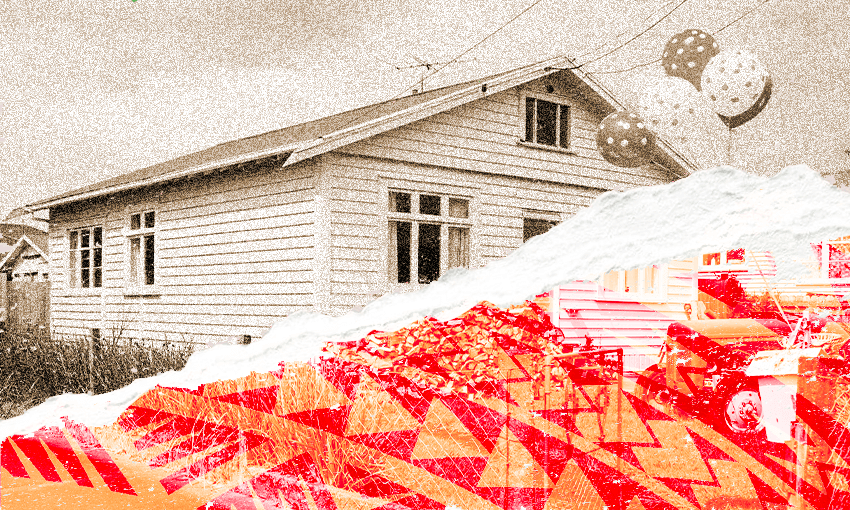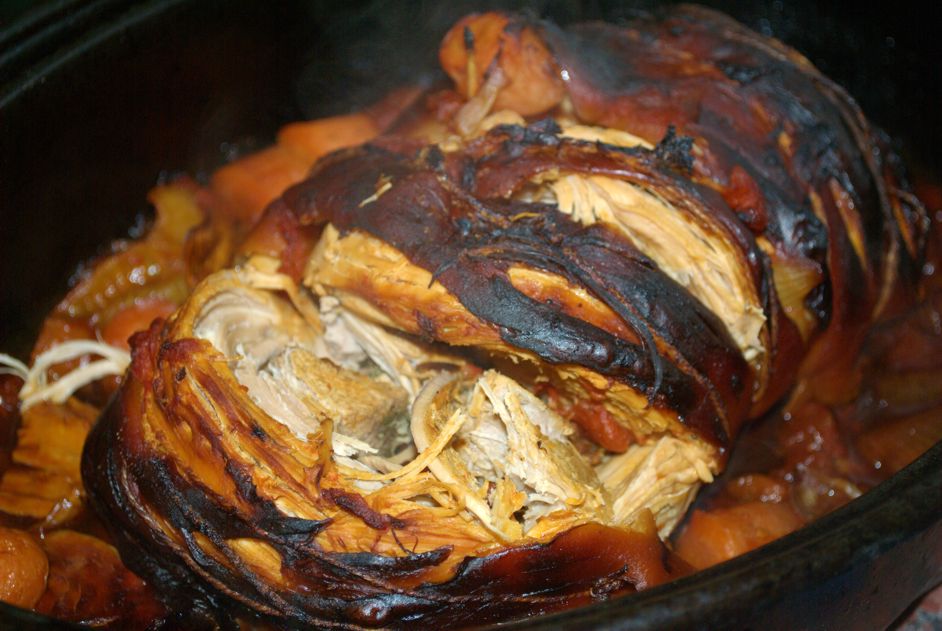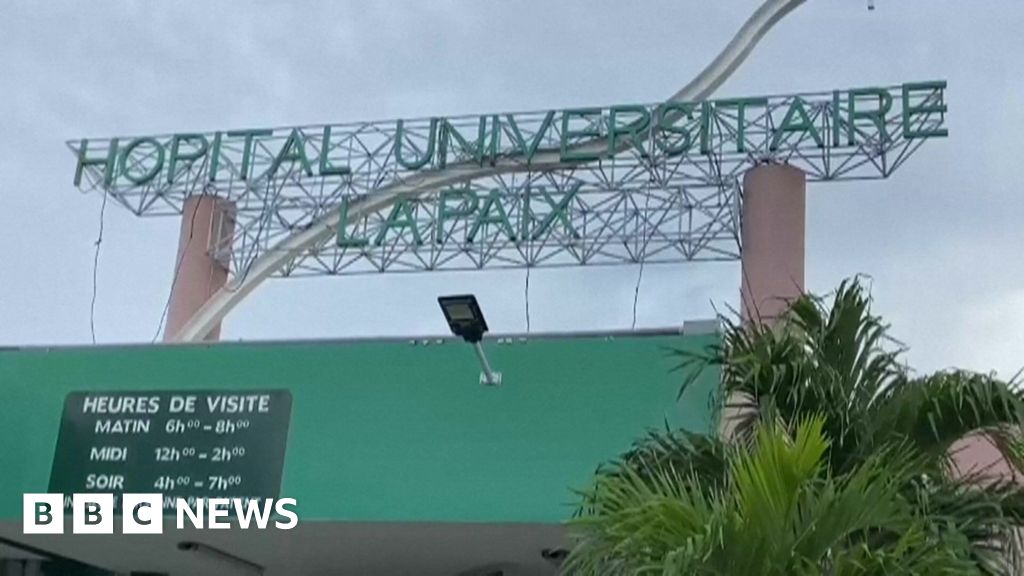I thought I’d take a quick look overseas as Omicron continues to spread worldwide.
The Omicron variant has now been detected in 89 countries.
In London, mayor Sadiq Khan has declared a “major incident” to help ease the pressure on the capital’s hospitals amid a surge in cases being driven by Omicron. On Friday, Britain reported the largest 24-hour increase in the number of new cases since the pandemic began.
A major incident enables different public agencies to share information more closely, but also acts as a warning that emergency services and hospitals are unable to guarantee their normal level of response due to unusual circumstances.
Although there has been some early data to suggest Omicron may cause milder disease than Delta (though there is not enough data to say for sure), what we know is Omicron is definitely highly infectious.
Milder but highly infectious viruses can still cause a lot of stress to health systems if they spread to the most vulnerable too quickly. Even a milder virus can cause severe disease and death, especially in immunocompromised people, or unvaccinated people with co-morbidities.
That’s why governments around the world are moving to slow the spread even in highly vaccinated populations, and even amid suggestions the virus may be more mild.
The World Health Organization (WHO) said this weekend: “There are still limited data on the clinical severity of Omicron. More data are needed to understand the severity profile and how severity is impacted by vaccination and pre-existing immunity”. But the WHO warned that with cases rising so rapidly, hospitals could be overwhelmed.
“Hospitalisations in the UK and South Africa continue to rise, and given rapidly increasing case counts, it is possible that many healthcare systems may become quickly overwhelmed,” WHO said in a statement.
UK scientists have called on governments to bring in restrictions now or face up to 2m daily Covid infections as Omicron spreads. Due to the rising cases, Germany and France have implemented travel restrictions banning tourists from the UK from entering.
Meanwhile, the Netherlands will spend Christmas in lockdown. Non-essential shops, bars, gyms hairdressers and other public venues will be closed until at least mid-January, the BBC reports, while two guests per household will be allowed – four over the holidays.




















Discussion about this post